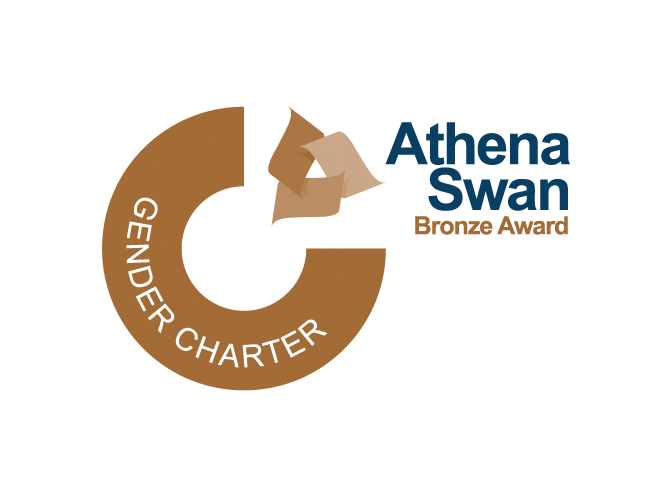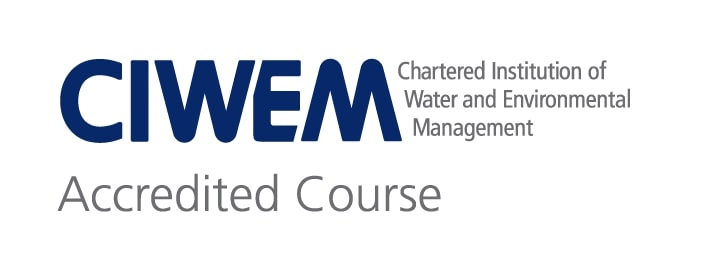You are here
- Home
- Can writing retreats for Open University students studying at Level 1 improve retention and success?
Can writing retreats for Open University students studying at Level 1 improve retention and success?
Open University students frequently cite time pressure as a challenge to successful study.
This project, 'Writing time retreats for Level 1 students' is exploring and evidencing the impact of ring-fenced writing time for students.
 Project team: Vic Nicholas and Paul Collier
Project team: Vic Nicholas and Paul Collier
In addition to the usual planned tutorials and tutor support, tutors will offer mini writing retreats to provide ring-fenced writing time in advance of Tutor Marked Assignment (TMA) deadlines.
We are conducting a stratified study across Level 1 modules in the Faculty of Science, Technology, Engineering and Mathematics (STEM) using control groups and comparisons between student outcomes.
One of the planned stratifications is to offer this intervention to students with lower probability of passing the module (0-70% prediction of passing, via student analytics).
The anticipated benefit of this approach is expected to an increase in TMA submissions and scores for those students involved, contributing to module retention and improved student success.
News
Celebrating Graduation in Manchester
On 22 November Professors Clare Warren, Mark Brandon and Richard Holliman, and Dr Barbara Kunz travelled to Manchester for an OU Graduation Ceremony.
EEES researcher to lead £800k project to improve global climate change predictions
An EEES researcher is leading a new Natural Environmental Research Council-funded project to improve our ability to predict climate change using cutting-edge analysis of fossilised algae molecules.


